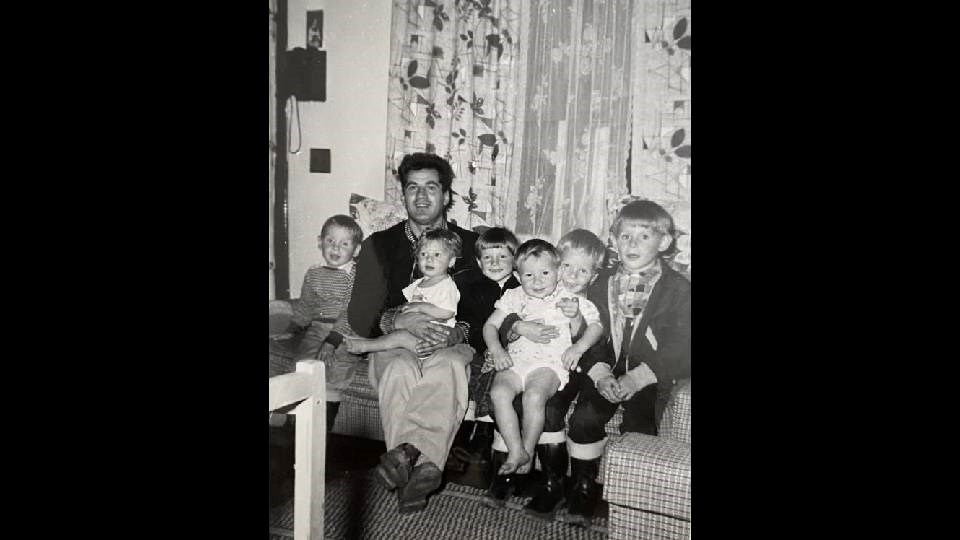More research is needed to protect Ontario's workers from occupational diseases.
April 28th is the International Day of Remembrance, and on this day each year we remember workers who have died on the job or as a result of occupational disease. That number is 1,000 per year, based on workers' compensation statistics from accepted claims. Every year, we mourn the dead and vow to fight for the living. However, many worker deaths from occupational diseases that are not officially recognized make memorializing the dead a complex and often impossible task for surviving families.
“While working underground, I noticed that I kept vomiting blood and other black substances. This could be a result of silicosis. Does the mine have any liability towards me? Could you please look into my case to find out?”
It was December 21, 1967, and when Andrew Tabaka wrote this letter to MP Arnold Peters, he had already been underground at the Kerr-Addison mine in Virginia Town, Ontario, for 11 years. I was spending . Tabaka had left the mine a month earlier due to heart problems, and after receiving a doctor's warning that he “couldn't expect to live more than a year” if he continued mining. He began his vocational training through the Elliot Lake Manpower Center, but soon quit due to his family circumstances and financial difficulties.
Tabaka returned to the mine and wrote to Peters: Kerr-Addison Mine refused to rehire me because of my health condition. ” As the father of six children, Tabaka had to support his family. His family reports that he was a lifelong non-smoker. His life was short. Mr. Tabaka died in August 1970 at the age of 46.
Half a century later, his children still wonder if their father had silicosis and that the heart disease that took his life was linked to the dusty working conditions he faced as a miner. I am wondering if it is related to radiation exposure. His family will never get those answers. Tabaka's medical records were destroyed in accordance with statutory record-keeping requirements and no longer exist. He died without a will, making it difficult for his family to establish the necessary legal authority to access other potential sources, such as past workers' compensation claims. Andrew Tabaka's death will never be counted among the 1,000 Canadian workers who have lost their work-related lives on our annual Remembrance Day.
Occupational diseases are insidious in nature, develop slowly and often remain undiagnosed until years after a worker is exposed to toxic substances on the job. This makes it difficult to identify and address workplace illnesses, especially in the absence of comprehensive systems designed to track workplace exposures and monitor worker health.
Occupational diseases are discovered through research. Research relies on data. Data is collected through effort.
We need to spend that effort collecting data so that our research can identify occupational diseases and, in doing so, protect workers. We need to create a comprehensive, national system to document what workers are exposed to on the job and aggregate health effects. For decades, we have failed to do this, leaving sick and dying workers themselves as evidence of the existence of occupational disease.
Efforts to investigate the relationship between what workers are exposed to on the job and the health effects those exposures have on workers simply provide answers and legitimate concerns for families like the Tabakas. In some cases, the purpose is not to provide compensation, but that purpose alone is sufficient. And worth it. There are many families like the Tabakas. Families whose loved ones have become ill or died from exposure to dust, chemicals, fumes, carcinogens, particulates, solvents, and other toxic substances experienced at work. Deaths are rarely investigated to determine workplace connections. Less than 1,000 deaths.
As we fight for answers for fallen workers, we are learning the information we need to protect workers today and tomorrow. Then we may be able to fully mourn the dead.
— Thanks to John and Nicole Tabaka for sharing Andrew's story
Janice Martel is a researcher and occupational health coordinator at the Ontario Occupational Health Clinic for Workers and founder of the McIntyre Powder Project.
today's sue



